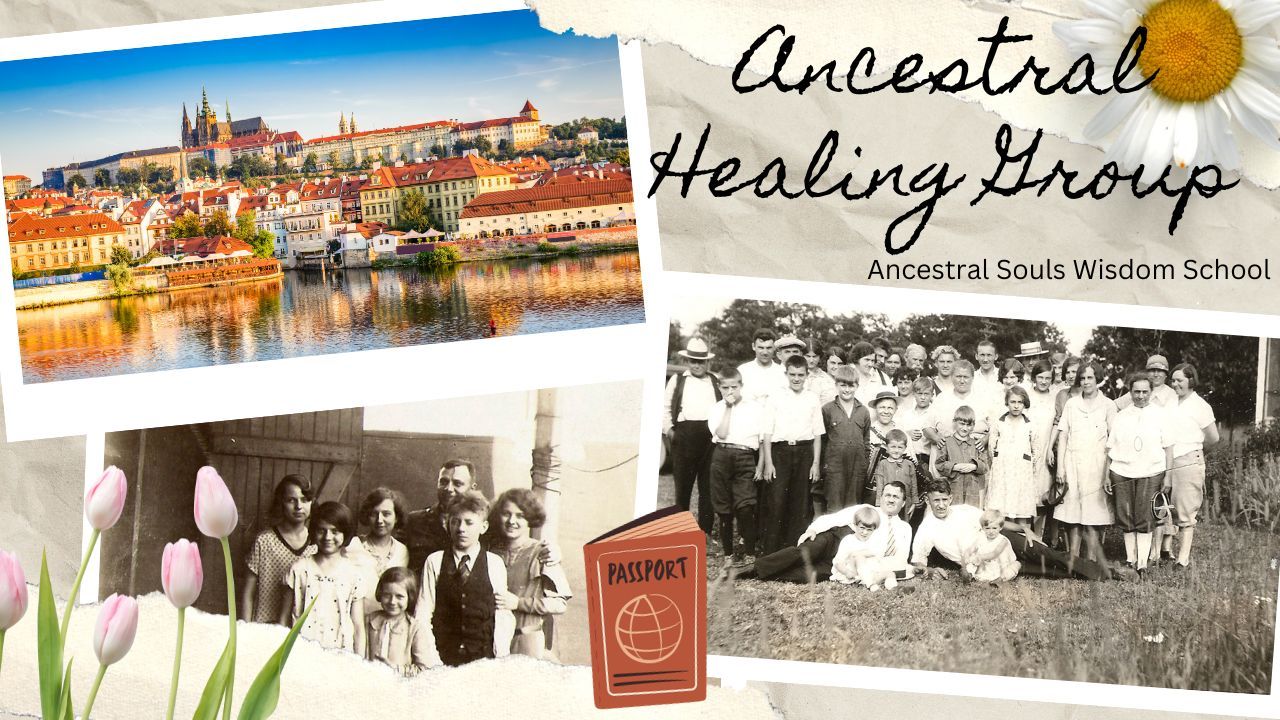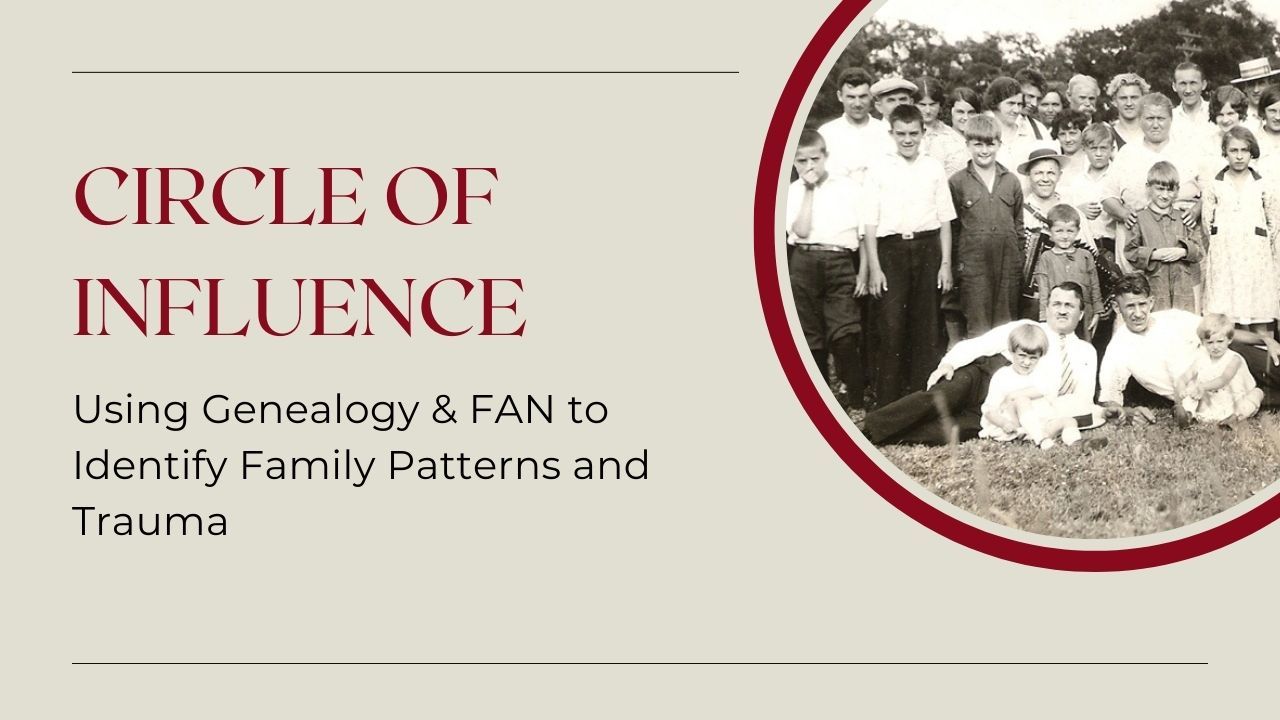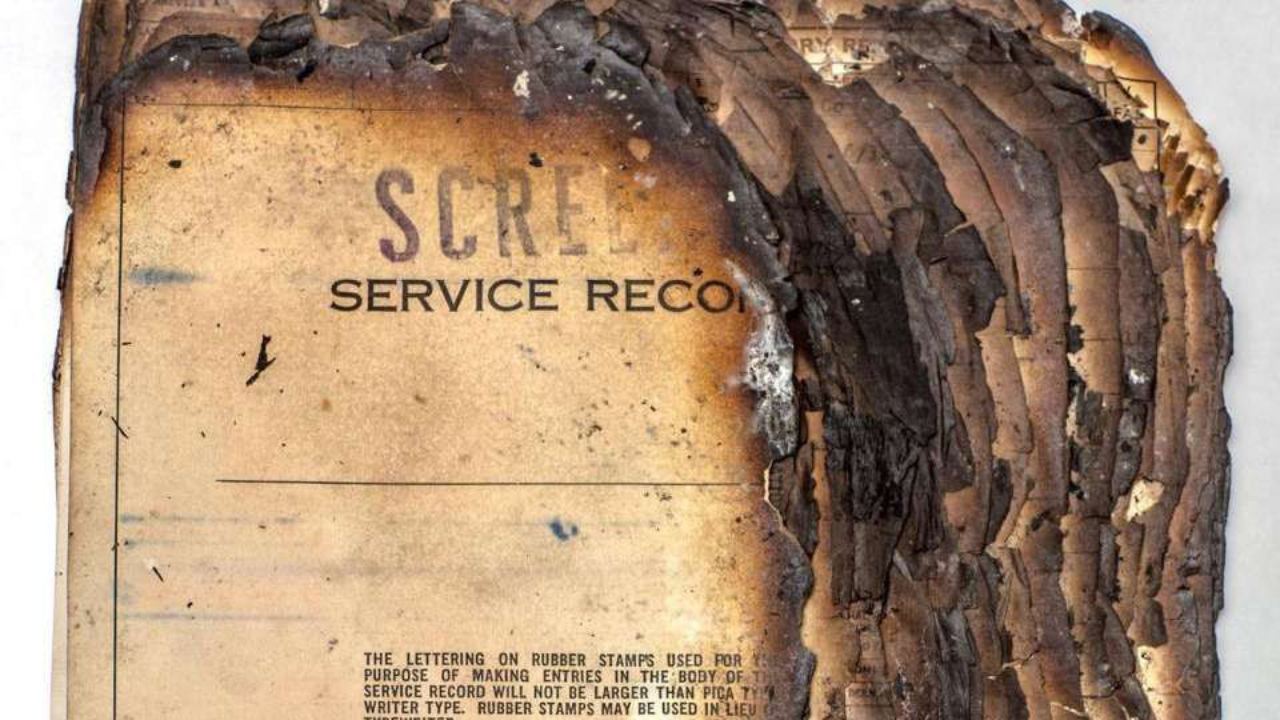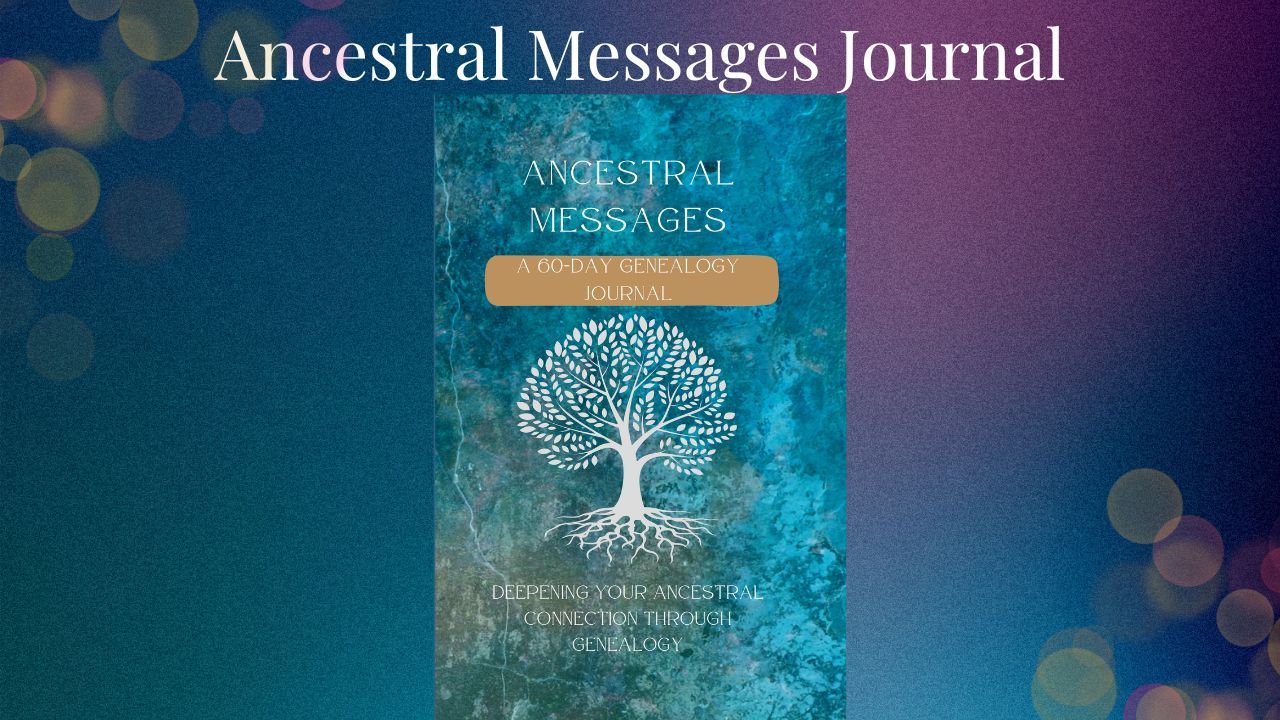Effects of Military Service & Combat on Children of Veterans
Jun 05, 2023
The family should be studied as a whole when we talk about the experiences of our veterans and war.
Do you agree or disagree with that statement?
As genealogists and military researchers, when the subject of war comes up, we tend to focus only on the veteran and his or her service. Usually in cases of specific study for books or conference papers, do historians tend to focus on women in war (as service members or on the home front). Sometimes children of war are studied, but most often this has been seen in the context of WWII Europe rather than the U.S.
We know from studies of epigenetics and the Holocaust, that trauma, unprocessed and unintegrated emotions can pass down through the DNA through the generations. It doesn't matter if we are talking about the Revolutionary War, U.S. Civil War, World War I, World War II, Vietnam, Afghanistan. The effects linger. So why are we ignoring the family left at home while someone goes away to serve? Why are we ignoring their possible traumas, unprocessed emotions, lifelong effects of the fact they lived in a family with a veteran?
We have ignored this so long that when we, as descendants, are triggered by something that is linked to an experience of our parents, grandparents, siblings, or other family members that was not addressed, it is so decontextualized we may not know why we are being triggered. Additionally, the way it shows up as an emotion or trigger or experience within us may be vastly different than how it originally presented.
Isn't it time we begin to examine the effects on the rest of the family that a veteran's service can create? Can you identify with any of these, either as a child or family member of a veteran or a descendant? Have you written about this in your family history or just for yourself?
How Trauma May Present in Family Members and Children
Parental emotional distress. Veterans may suffer from post-traumatic stress disorder (PTSD), depression, anxiety, or other mental health issues as a result of their combat experiences. Children may witness their parent's emotional struggles, including mood swings, nightmares, flashbacks, or emotional detachment, which can be deeply distressing for them. Often children do not have the vocabulary to talk about what they are feeling or witnessed which can then create more energetic blocks and potential future issues.
Separation from the parent. Military service often involves deployments, which can result in prolonged periods of separation between the child and their parent. The absence of a parent can cause feelings of abandonment, anxiety, and a sense of loss for the child, leading to emotional trauma. How has your family dealt with the issue of separation? How did this affect you growing up if you are an adult?
Uncertainty and fear. Children of veterans may live in constant fear of their parent's safety during deployments or even after their return. This ongoing uncertainty can create a high level of anxiety and hypervigilance in children, impacting their daily functioning and overall well-being. How much fear did you shove away as the child or even spouse of a veteran? Where do you feel that in your body? How does this present in current time (anxiety, depression, panic, grief, other?)
Communication barriers. Veterans may find it challenging to discuss their combat experiences due to the painful memories associated with them. From every client I worked with on a military project and even those I speak with all tell me the same thing.... 'My dad never talked about it.' This lack of open communication can create a barrier between the child and their veteran parent, making it difficult for the child to understand and process their parent's experiences, leading to feelings of confusion, isolation, and trauma. We need to keep in mind the historical context and societal propaganda about returning veterans after each war. Quite often we will find books, studies, or newspaper articles telling families to not bring up the war. Create a normal life again. Never talk about it. This propaganda has created a mental health crisis not only in the U.S. but around the world as we all hold so much repressed emotion and decontextualized trauma in our bodies and energy fields.
Substance abuse & Addiction. Veterans dealing with trauma may turn to alcohol, drugs, sex, or other addictive behaviors as a coping mechanism. The resulting substance abuse issues within the family can create an unstable and unpredictable environment for children, leading to their own traumatic experiences. This way of dealing with trauma may also be replicated down the generations. Children witness a parent coping in a certain way and they may be more likely to use that as their coping mechanism. Sometimes we can trace addiction and substance abuse through the generations as being linked to a traumatic event like going to war, a natural disaster, a move (immigration, migration), accident, divorce, or other traumatizing event.
What else have you witnessed in your family as a result of a veteran's service? How has your family processed and coped? I invite you to write about this in your family histories and share with others so we can all heal.
© 2023 Ancestral Souls Wisdom School









